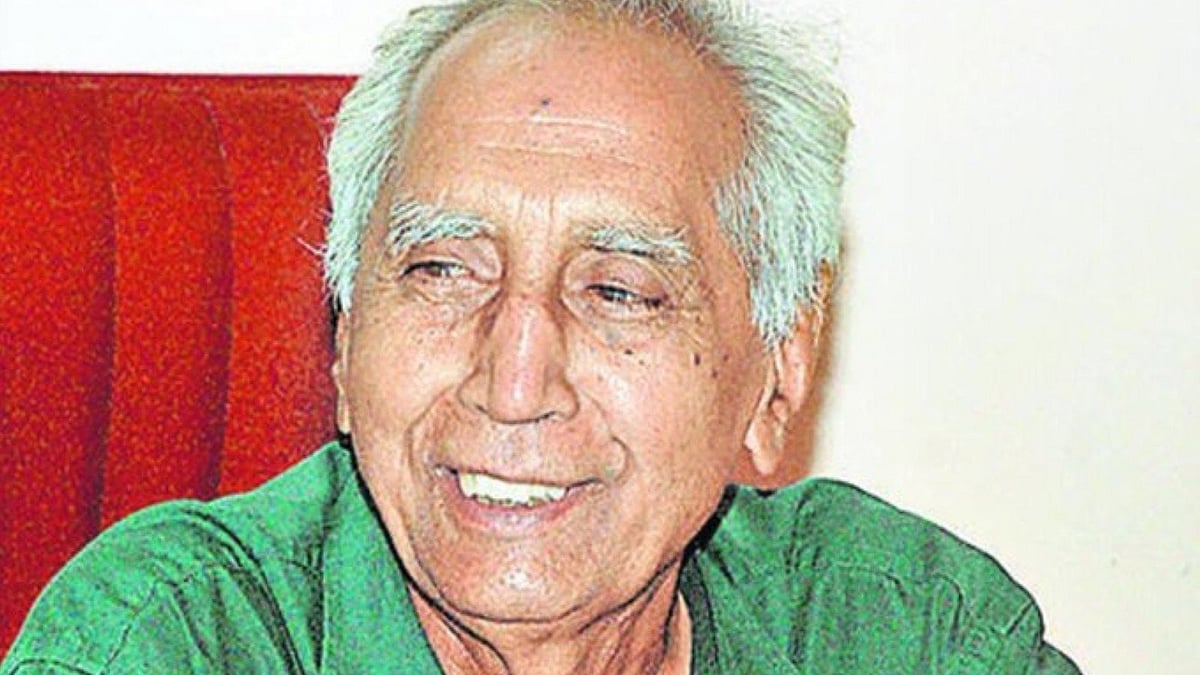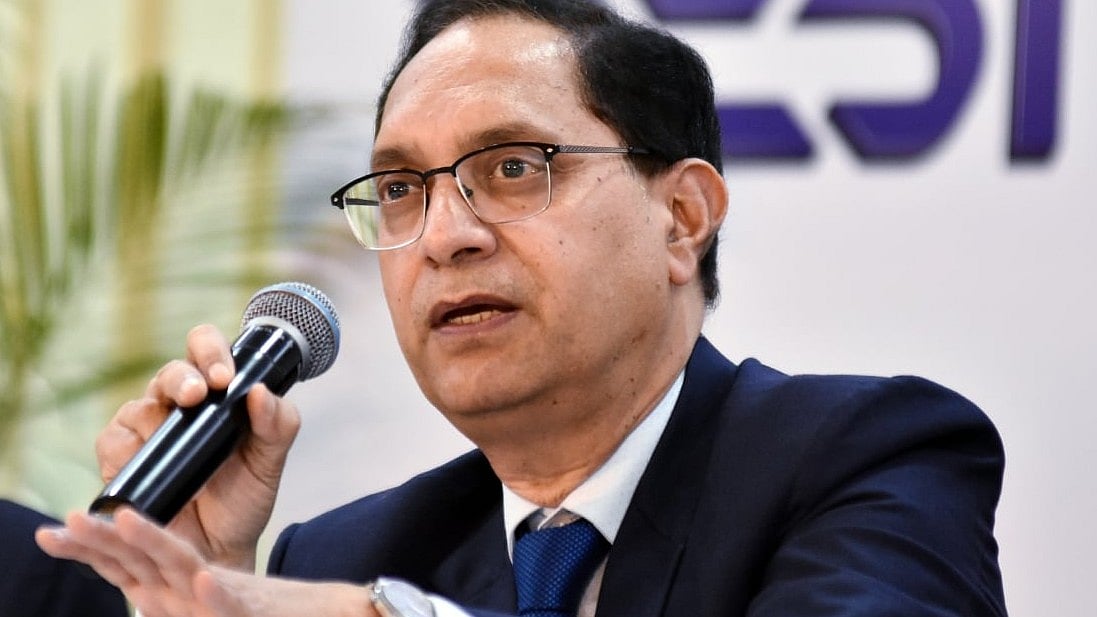On the final day of bidding today, September 11, Bajaj Housing Finance's IPO (initial public offering) received over 63 subscriptions totalling over Rs 3 lakh crore. Institutional and non-institutional wealthy investors continue to show strong demand for the issue.
As of 5 p.m., bids for more than 4,624 crore shares were received for Bajaj Housing Finance's Rs 6,560-crore public offering, compared to the 72.75 crore shares that were on offer across the BSE and NSE.
With this, back of the envelope calculations show that the total bid amount for the public issue has exceeded Rs 3 lakh crore.
In the Bajaj Housing Finance IPO, the portion designated for non-institutional investors has been subscribed 41.42 times. A subscription to the Qualified Institutional Buyers (QIBs) quota has been received almost 209.36 times. The number of subscriptions received by Retail Individual Investors (RIIs) has approached 6.92 times the quota.
Anchor investment and IPO structure
On Friday, Bajaj Housing Finance announced that anchor investors had contributed Rs 1,758 crore to the company.
Parent company Bajaj Finance is offering up to Rs 3,000 crore in equity shares through an offer-for-sale (OFS) and a fresh issue of up to Rs 3,560 crore of equity shares as part of the IPO.
Portion reserved in IPO
Half of the offer size will go to qualified institutional buyers, retail investors will get 35 per cent, and non-institutional investors (NIIs) will get the remaining 15 per cent.
In addition, the company has allocated shares valued at Rs 200 crore to Bajaj Housing Finance employees.
Lot size
The IPO has lots of 214 shares each, meaning that each lot has a minimum bid of Rs 14,980 and can be purchased in multiples of 214 shares.
IPO proceeds utilisation
The purpose of the share sale is to fulfil the Reserve Bank of India's (RBI) mandate that, by September 2025, upper-layer non-banking finance companies must be listed on stock exchanges.
The company's capital base will be increased with the proceeds from the new issue in order to meet its future capital needs.










